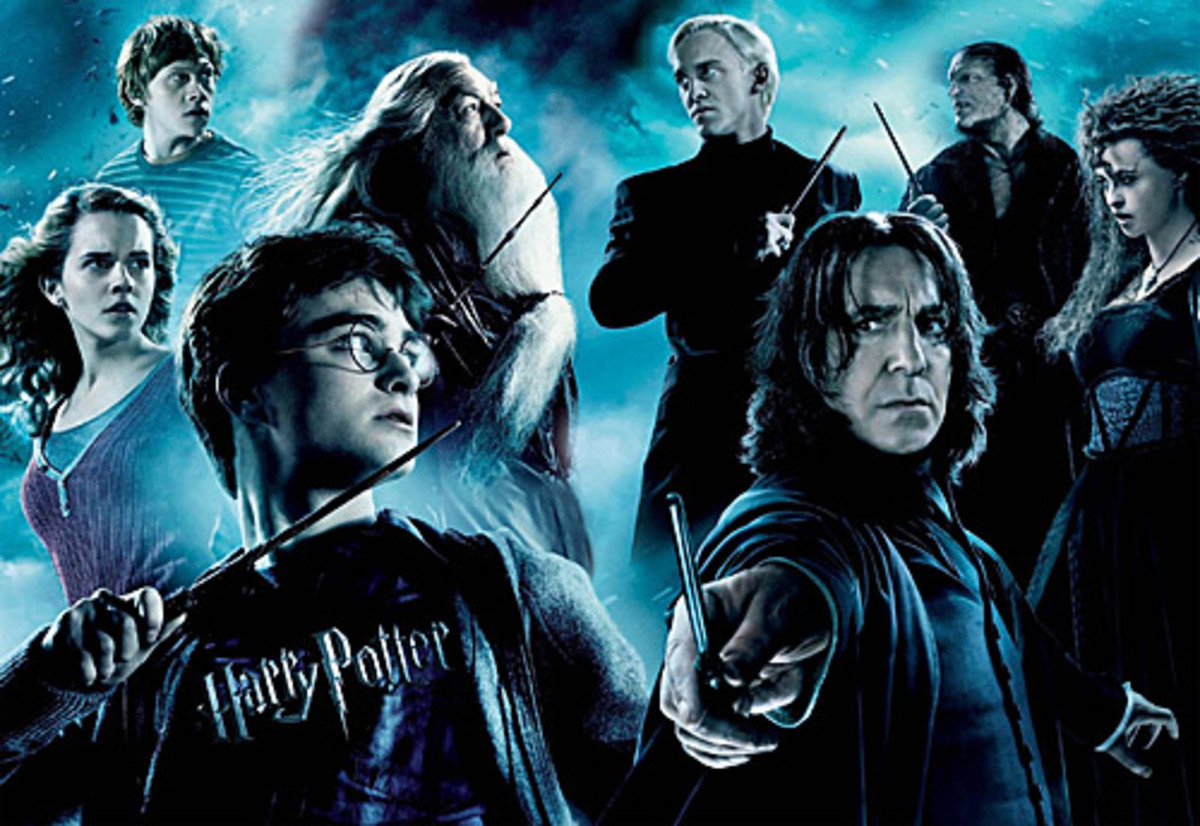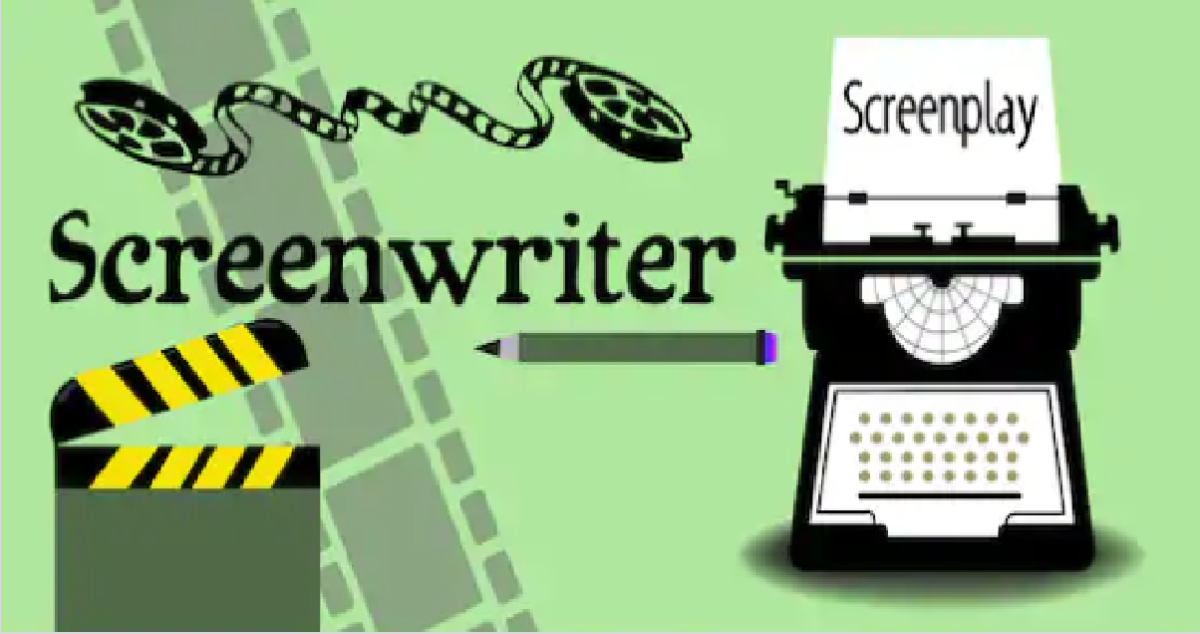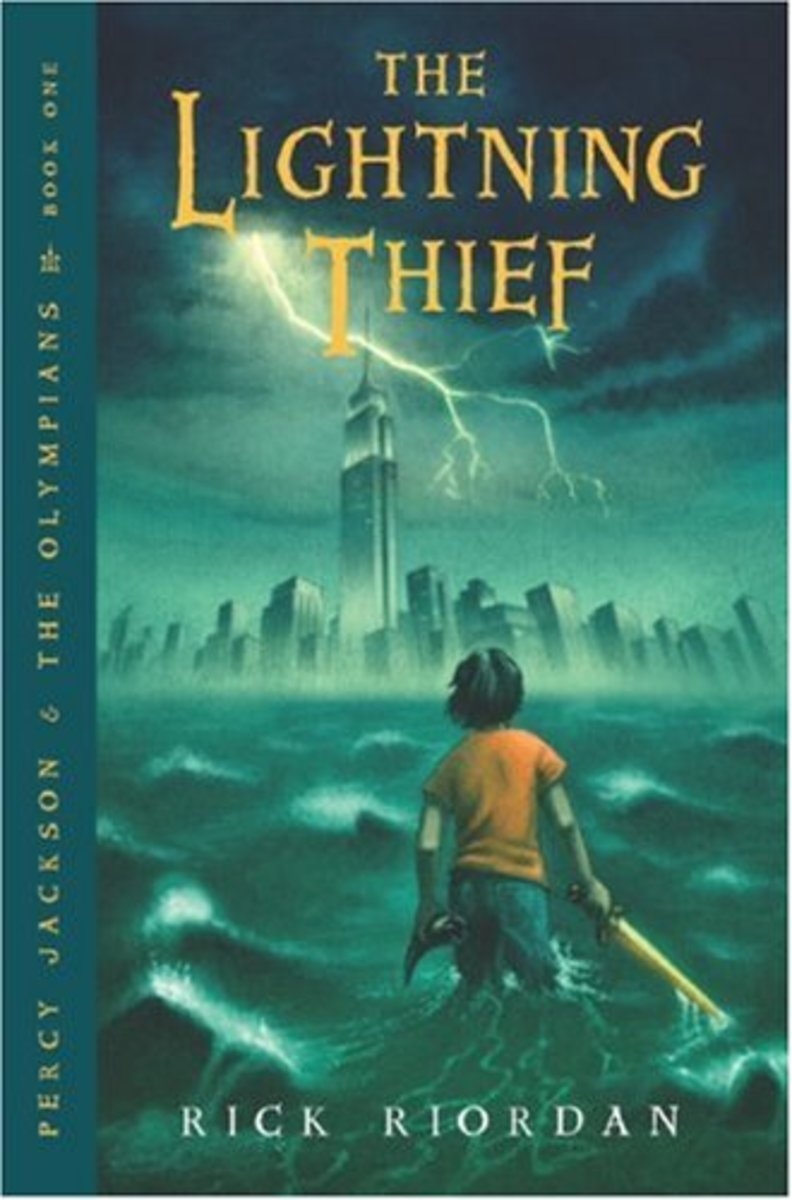Text 2 Film: Part 1

Adaptations and creative liberty
Okay, so after a comment by n3xus6, I've decided to talk a little bit about my experience with literature-to-film adaptation. I took a class about this very topic when I was at college and I had a great time with it.
I've decided to do this in two major offensives, though I don't have any idea how many hubs it'll become.
First, I'm going to talk more generally about adaptations and the kinds of successes and failures we've seen. Plus a little about the kinds of expectations that come from filming a previous work. I also plan to discuss my personal theory regarding adaptation along with examples of different adaptation applications.
[Now these ideas of mine are far from comprehensive. So if you think of anything you think I should talk more in-depth about, please let me know.]
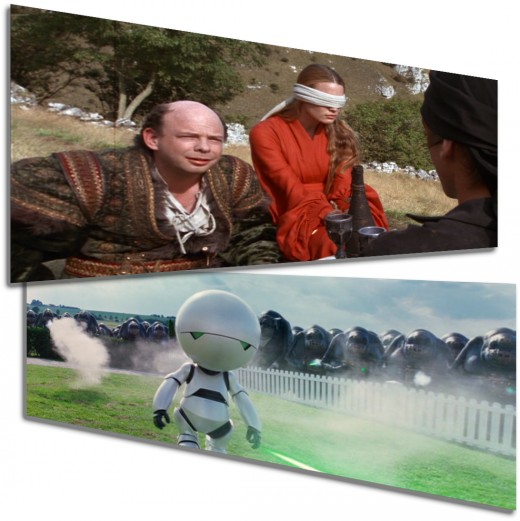
"I got this one"
First off, two of the adaptations that I've seen/read where the movie best represent the book are The Princess Bride and Holes. One of the things that I think helped both of those movies was that the screenplay was written by the same person who actually wrote the book. (William Goldman and Louis Sachar respectively.)
Now, that doesn't mean that that's an automatic recipe for success. In fact, I didn't even say that those were the best adaptations. They just felt very much the same as the original book. From there, it greatly depends on what you thought of the book itself.
Another instance where the original author worked on the movie screenplay is the 2005 movie, The Hitchhiker's Guide to the Galaxy. Now, Douglas Adams passed away before completing the screenplay, so it's not a perfect example, but Adams still had massive influence over the final product.
(Supposedly, the noses all over Humma Kavula's architecture were based off of Douglas Adams' nose, so, you know, at least that's been immortalized.)
But what do you gain when you have the original author write the screenplay? And what do you lose?
First off, writing a book or short story is very not the same thing as writing a screenplay. Not every author should try it. (I've done both, and believe me, the screenplay was very different from my experience writing a short story or novel.) But if they can pull it off, most of the time, you really can't fault the author for the changes that they make to their own work. If any one has a real sense of the point of the original work, shouldn't it be the one who wrote it in the first place?
(This isn't as clear as you might think when you consider the crimes that George Lucas continues to commit against his original Star Wars trilogy. I mean, seriously! A music video at Jaba's palace? Starring the Honeycomb Crazy Craving? Huh?)
Now, in every adaptation, there are going to be things that have to change. Some things just work better in text than film and vice versa (Latin, I believe, for “Look at me, I speak Latin”). So when changes have to be made, who better than the one who wrote the original?
For instance, in the book version of The Princess Bride, Buttercup is nearly eaten by sharks, not Shrieking Eels, and Westley is held in the Zoo of Death, which is quite different from the Pit of Despair in the movie. And yet, these changes feel very in-line with the spirit of the book. William Goldman (who also wrote both the book and screenplay for Marathon Man) understood his work and made changes that would play better on-screen.
Personally, I enjoyed The Hitchhiker's Guide to the Galaxy, but I will admit that the tone of the movie has changed slightly from the book. Largely this was done to help make it a bit more accessible for American audiences whose sense of humor is a bit different from those Brits across the puddle. As I understand it, the parts of the movie that diverge most from the book were actually added in by Douglas Adams himself before his passing, so it's hard to really fault them, but they are still different.
(To be fair, The Hitchhiker's Guide to the Galaxy has been adapted several times and has changed in every single incarnation, so that may just be considered par for the course. It started in 1978 as a radio show which has since been made into a stage show, a five part trilogy of books, a 1981 TV series, a 1984 computer game and DC comic books.)
But by having the original author write the screenplay you lose the chance to bring in fresh, new ideas. Now, new ideas aren't necessarily better just for being new. But they also aren't necessarily bad for the same reason. Sometimes a fresh take on a concept is just what it needs to keep it interesting.
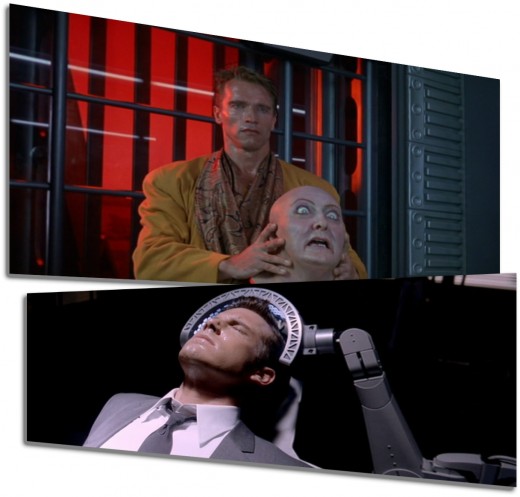
Know the mind of Philip K Dick
Down to their Essence
But what if you can't or simply don't bring in the original author? I mean, I don't think Shakespeare has written a movie screenplay in ages.
Okay, Shakespeare is probably a bad example because, of any author, who else has had his works read and examined and picked apart more? I think there are probably plenty of people who understand what makes Shakespeare so universally remembered.
But what about Philip K. Dick? He died in 1982 and yet his books and short stories have been the basis for movies like Blade Runner, Total Recall (being remade, by the way, for a 2012 release), Screamers, Imposter, Minority Report, Paycheck, A Scanner Darkly, Next and the more recent movie The Adjustment Bureau.
And many of those were based off of short stories.
The movie for Paycheck bears a passing resemblance to the story. Minority Report is close in concept though with some pretty big differences in application. But for all their similarities there are still massive changes. So what have they done?
In those instances, the screenwriter has to ask “What is the core of this story? How do I flesh this out and expand on it?”
This is what makes sci-fi short stories so great for adaptation. Science Fiction, more than most other genres out there, tends to focus on “What if … ?”
What if aliens came to earth?
What if you could see and change your future?
What if you learned that the life you thought you lived was a lie?
These can be some great conflicts for stories. And if you can boil a story down to its core, understand what is so fascinating about it, and construct a story that brings that out …
It takes work, but people have had some very good successes that way.
For instance, in Paycheck, the items that the main character is given in the short story are very different. Our hero has had a lobotomy to cause his memory loss, not a chemical injection. The machine itself works rather differently than the one in the movie. And the climax is considerably less action-packed. But the core of the story is the same.
On the other hand, let's compare the two adaptations of Roald Dahl's Charlie and the Chocolate Factory.
On second thought, let's do that in the next hub. There's a whole lot you can look at since both movies are working off of the same original work.
Besides, this hub's gone on long enough. It's probably best I let you get back to what you're doing rather than risk letting the boss walk in and find you messing around at work.
I know I'd rather not let my own boss know that I've been writing this hub rather than fixing those things he sent to me last week.
Oh! Here he comes! Gotta Go!
Also check out parts 2 and 3 in this series of hubs
- Text 2 Film: Part 2 - The Chocolate Factory
A simple comparison of two versions of the same story. Everyone has a different idea and approach, but it's up to you to determine which is "better". - Text 2 Film: Part 3 - The epistemology of adaptation
Final thoughts (for now at least) on film adaptation and the difficulty of converting a story from literature to film.



